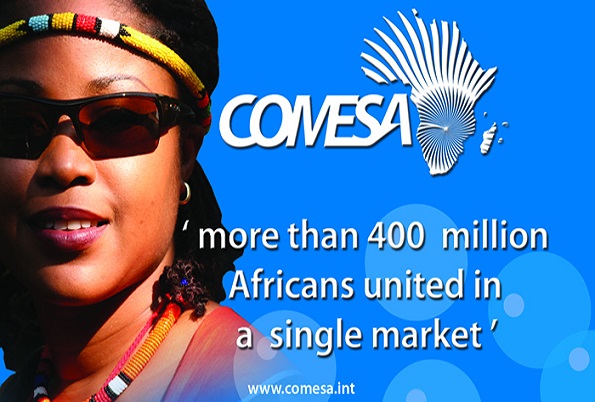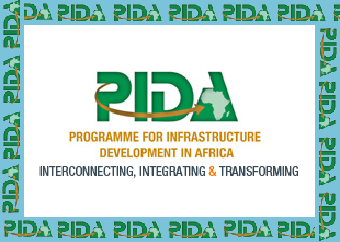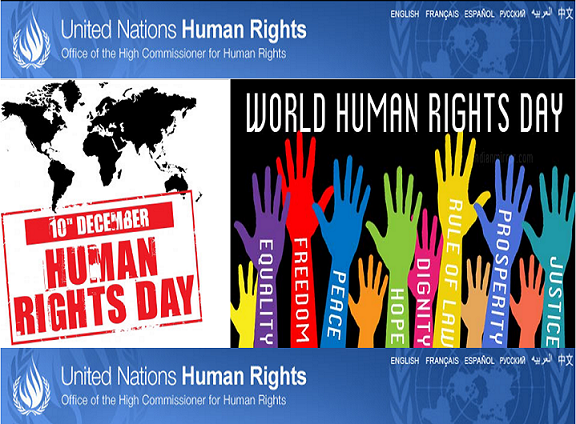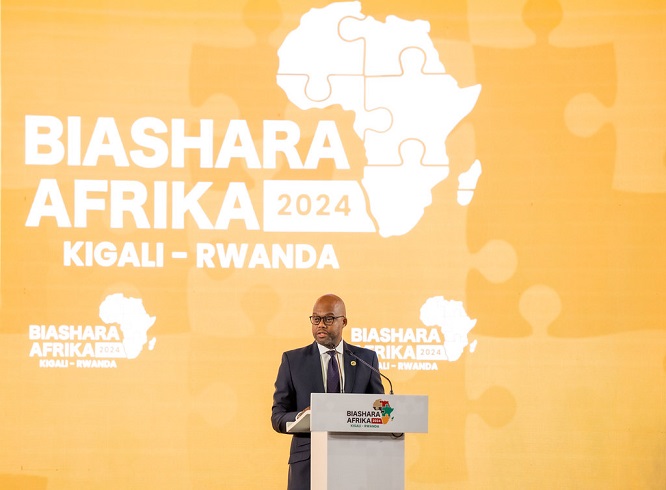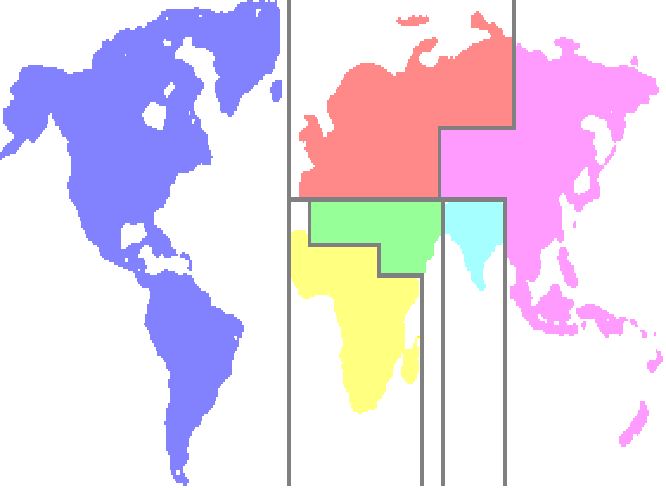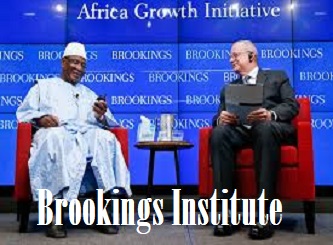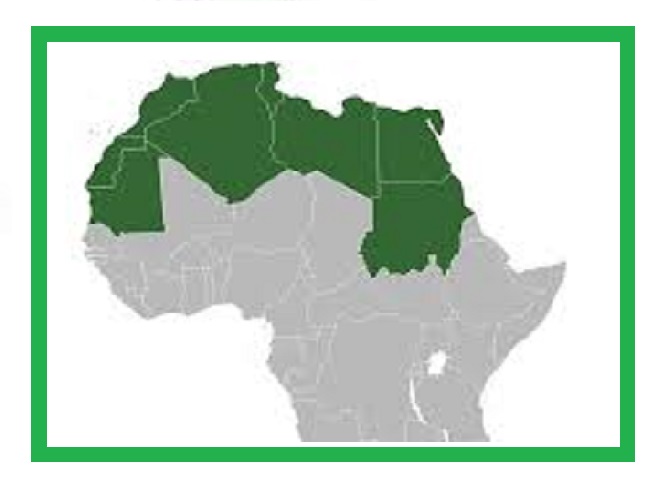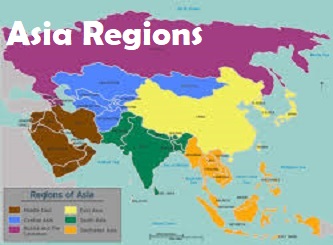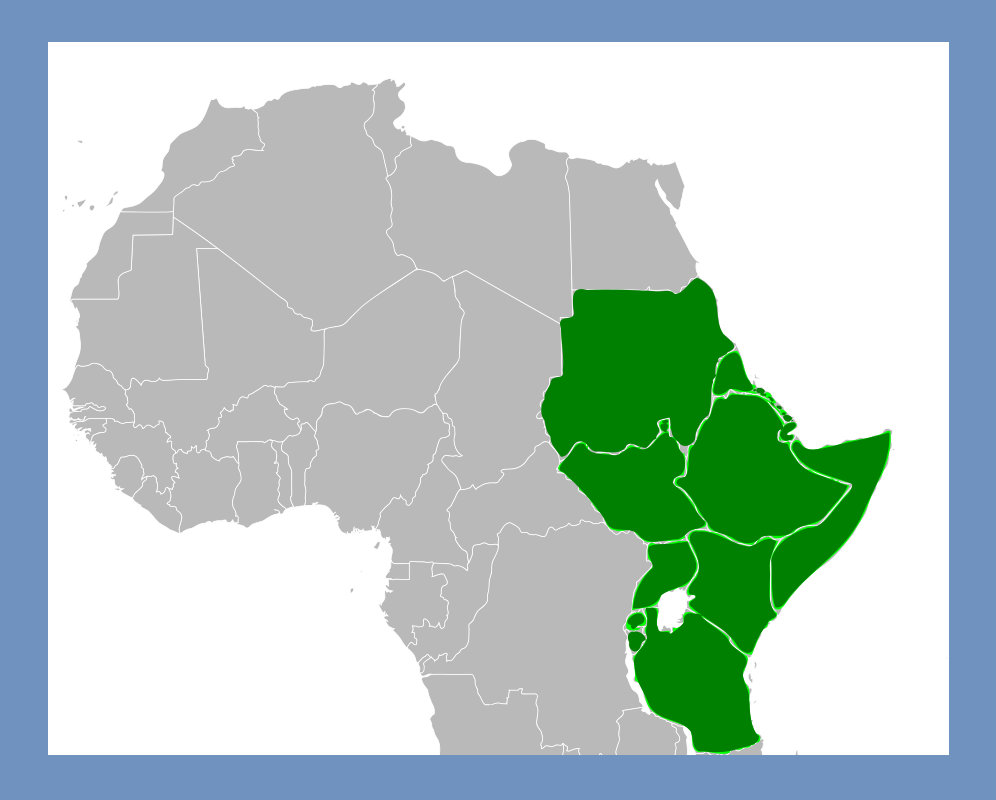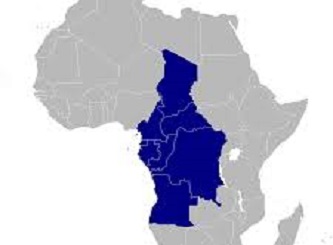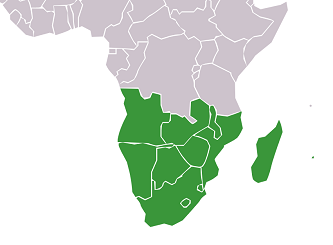Trump 2.0 Vs Biden, The Future of US And Africa
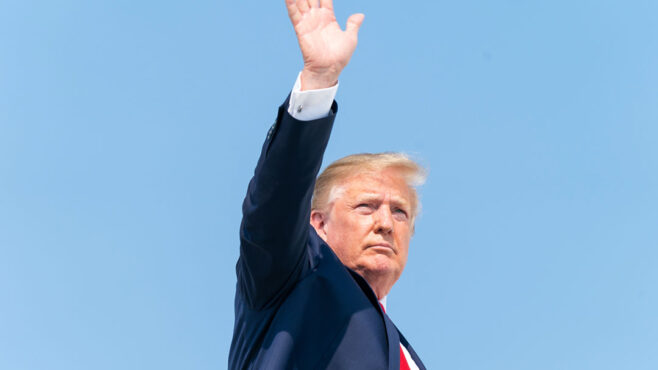
Trump’s approach to Africa will likely reflect his previous focus on “America First” principles. This suggests that the focus will be on fostering economic ties that benefit U.S. priorities, favoring private investment over conventional foreign aid. Programs like Prosper Africa might be revisited to strengthen business ties and promote U.S. companies as preferred partners for African countries.
A significant aspect of his strategy may involve countering the increasing influence of China and Russia across Africa. His administration might highlight concerns about China’s debt-driven investments in Africa while presenting the U.S. as a better alternative for trade and development. Security and counterterrorism would likely remain central, along with a push for reforms in U.N. peacekeeping missions. Overall, Trump’s focus may shift Africa’s relationship with the U.S. toward investment and trade rather than aid dependency.
The Biden administration made promises of renewed partnerships with Africa on top of Trump’s previous ones. Still, many African leaders and analysts felt underwhelmed by the follow-through that Biden made. While Biden emphasized multilateral cooperation, critics argued that the U.S. lacked a clear, bold vision for Africa. Development assistance programs remained traditional and slow-moving, unlike China’s rapid infrastructure investments that appealed to many African nations.
Biden’s administration also failed to prioritize trade agreements that could counter the European Union’s and China’s growing influence in African markets. This left U.S. businesses at a disadvantage. Additionally, U.S. attention seemed divided, with global priorities like Ukraine overshadowing Africa’s pressing challenges. Delayed action on issues such as climate financing and pandemic recovery further frustrated African leaders. While Biden’s approach aimed for diplomacy and stability, it lacked the transformative engagement needed to keep up with the continent’s dynamic changes and growing global competition.


